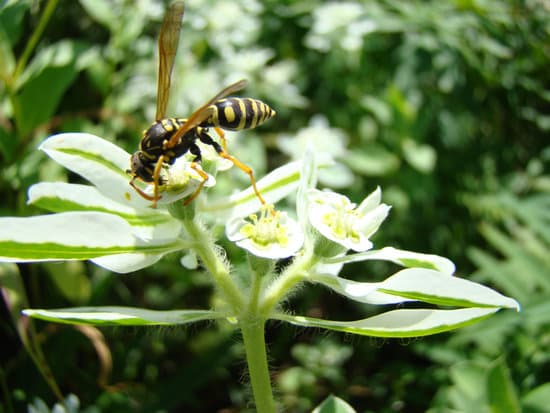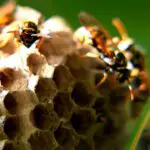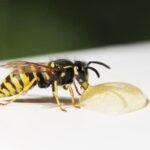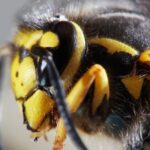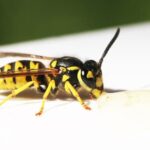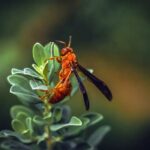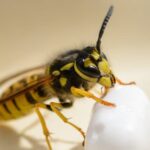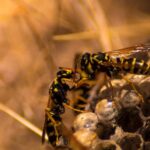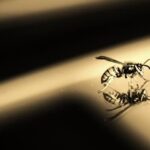Are Wasps Good Pollinators?
Whether you are wondering about the pollination services provided by wasps or wondering if they are good pollinators, it is important to understand how these insects interact with flowers. These insects are not only beneficial to the environment, but they also help to regulate insect pest populations. The US Forest Service has a webpage about the pollination services provided by wasps.
Besides pollinating flowers, wasps also have a role in controlling insect pests in multi-cropping systems. Researchers are studying the pollination services provided by wasps to determine whether they could be used as sustainable pest control in developing countries.
There are two main types of wasps, social and solitary. Social wasps live in colonies led by a queen. The queen lays eggs and regurgitates food for her offspring. Social wasp colonies include many workers.
Unlike the social wasps, solitary wasps live independently and feed only on sugars and nectar. Solitary wasps are mainly predators of small insects. They live in small holes in logs or shelters. They are also known to collect pollen for their young.
There are 164 plant species that rely on wasps for pollination. While some species can pollinate plants well, others are less effective. Most of these wasps feed on nectar.
Adult wasps visit flowers to gather nectar and sugars. They may also feed on honeydew produced by insect herbivores. Wasps also prey on small insects, crickets, flies, and caterpillars.
During the summer, social wasp colonies are most active. In the UK, social wasps capture 14 million kilograms of insect prey. They also control spiders and greenflies.
